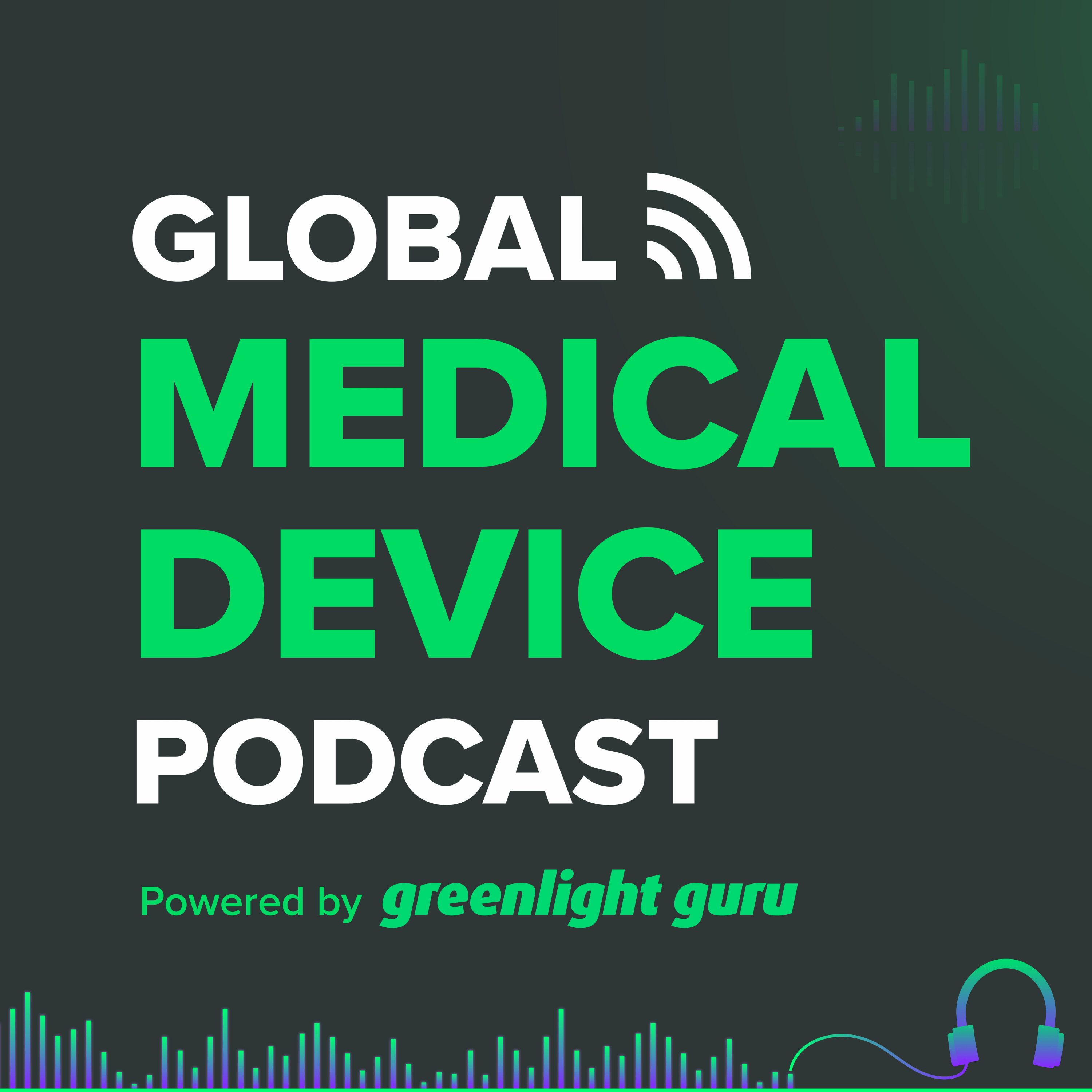Episode 205
Regulatory Tips & Pointers from a Former FDA Reviewer
As some veteran FDA reviewers leave and new ones are hired, knowledge is not always passed on seamlessly... To that end, regulatory professionals are often left to their own devices to find the guidance, support, and resources they need to fulfill their important roles in the medical device industry.
In this episode of the Global Medical Device Podcast, Jon Speer talks to Allison Komiyama, a former FDA reviewer who is an expert in regulatory submissions, quality systems, and biocompatibility evaluation. Listen to Allison share her thoughts on what she wishes she had known as an FDA reviewer, providing valuable insights for regulatory professionals in the medical device industry.
Some highlights of this episode include:
- New FDA reviewers are trying to navigate what’s important by asking questions because they have been working from home, never been onsite, and haven’t met their manager or other team members.
- FDA managers are trying to make sure that their teams get the training and mentorship that they need, but it is difficult and challenging.
- Deficiencies: What is four-part harmony? How are they written? List what was provided, what’s missing, what needs to be provided, and why is it needed?
- It’s not only the lead reviewer looking at a regulatory submission, but a team of people. Review the deficiencies and manage the additional information (AI) letter to ask relevant questions.
- To improve the speed of review and the time it takes for files, it’s important to support the reviewers and resources during that process.
- There’s just not enough time for FDA reviewers to read through and understand all the guidance documents put out by the FDA. Include guidance documents in files to help the reviewers and express how regulations are being followed.
- Recommendations for new reviewers: There’s what the regulation states, the legal definition, and then people's interpretation of the regulation, what does it mean and how does it apply?
- There are different risks to different devices. For most questions, there are multiple correct answers that are acceptable by FDA. As a reviewer, you feel a huge burden of wanting to make sure nothing bad happens.
Memorable Quotes from Allison Komiyama:
“We’re kind of dealing with a lot of new reviewers who are trying to navigate being a new reviewer and what’s actually important. We can see that reflected in some of the questions that we’re getting.”
“I think the managers at FDA are doing an amazing job trying to make sure that their teams get the training and the mentorship that they need while they are there. But it’s hard.”
“Sometimes that knowledge doesn’t get passed on as seamlessly as we all would want. From the industry perspective, one of the most beneficial things that we can do to improve the speed of review and improve the time that our files take to go through that process is really to support the reviewers.”
“One of the things she didn’t realize when she was a new reviewer was how diligent a lot of us in industry are at keeping up on guidance and the changes in regulations because that’s my job. That’s what we do.”
Links:
Acknowledge Regulatory Strategies
Breakthrough Devices Program (BDP)
Safer Technologies Program (STeP)
Emergency Use Authorization (EUA)
David Pudwill (a.k.a. Mr. Regulatory)
Code of Federal Regulations (CFR) Title 21
Medical Device User Fee Amendments (MDUFA)
Use of ISO 10993-1 Biological Evaluation of Medical Devices
The Greenlight Guru True Quality Virtual Summit
Greenlight Guru YouTube Channel

